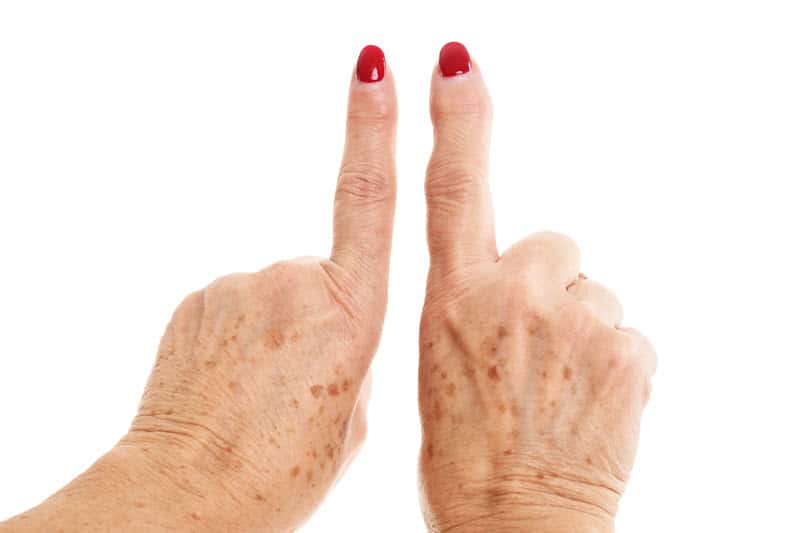Deformed Joints

Some types of arthritis, like osteoarthritis, only cause the joints and bones to weaken with time, resulting in limited mobility. However, that is not the same case with rheumatoid and psoriatic arthritis. The bones and joints accumulate pressure on the connective tissue making it harder to produce synovial fluids needed to cushion the bones from too much friction. Not enough fluids will contribute to the joints’ rapid wearing and tearing due to constant stresses shoving down them. In extreme cases of arthritis, joint linings are damaged over time and gradually result in bone erosion and joint deformities.
Permanent damage to the joints and the connective tissue will lead to higher chances of joint deformity: there is shrinking of bones, extreme tightening of tendons and ligaments, contraction of muscle tissues, and nerve damage. These types of joint-deforming arthritis are common causes of disability. Moderate to severe types of arthritis can lead to temporary disability, but severe to extreme cases will render the person with a permanent disability. Taking proper medication and preventive measures with the help of practicing professionals will help avoid the deformation of joints.










